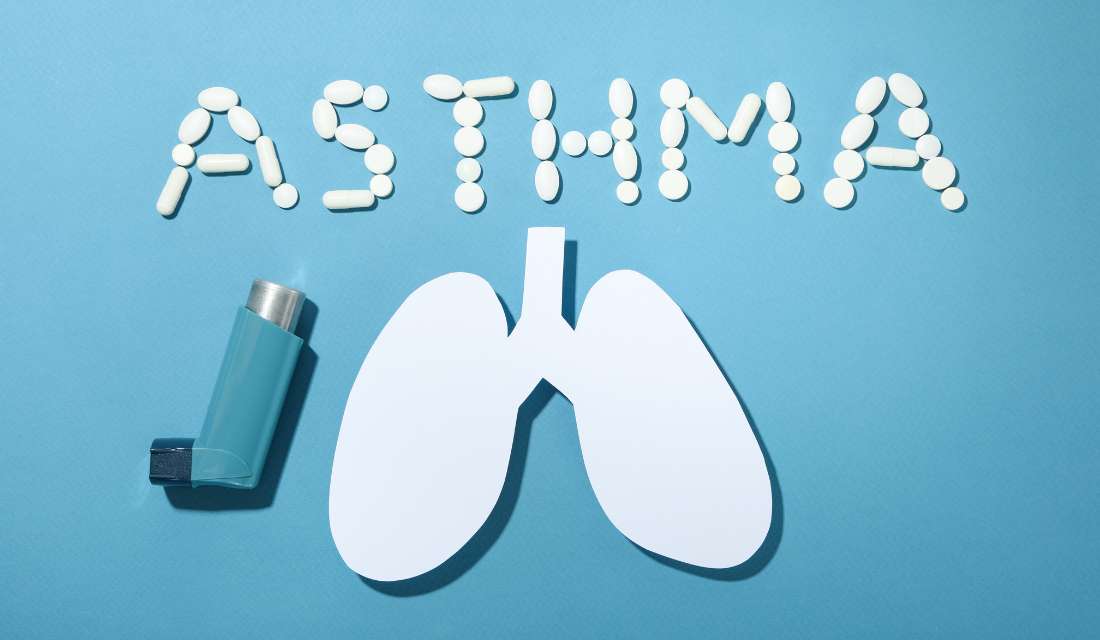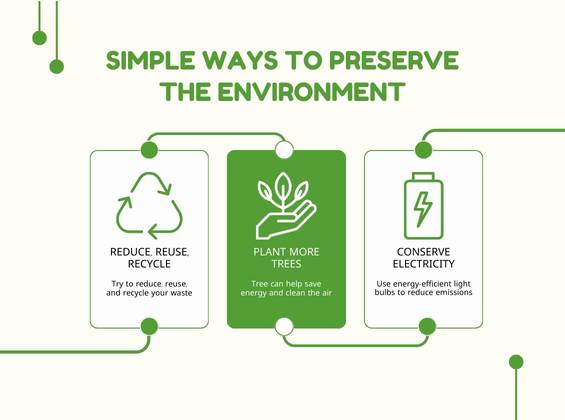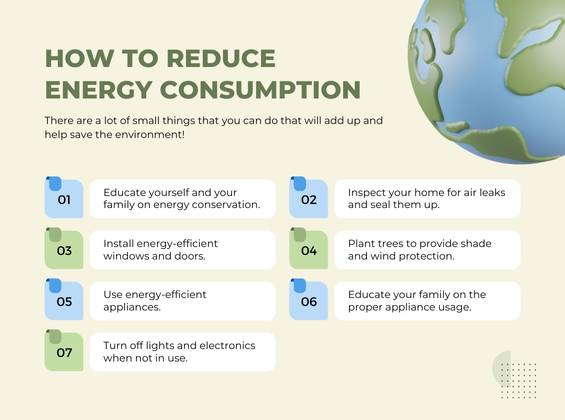
Asthma and Air Pollution: Things to Know
Story of Bajaj Family:
“Air pollution is directly related to asthma. Asthma is when the airways become narrow and swollen and produce excess mucus. This can make breathing difficult and cause coughing, wheezing, and shortness of breath.
This happens due to the vitiation of Vata and Kapha doshas. In this, the breathing tubes are narrowed, due to which there is a feeling of heaviness in the chest, and a whistling sound is heard on breathing.” the doctor told the Bajaj family, who got their granny admitted to the hospital after an asthma attack.
“Doctor, what can be the trigger point?” Mr. Bajaj asked.
“Asthma is often triggered by environmental factors such as air pollution, cold weather, or pollen. Air pollution increases the risk of allergies, sneezing, wheezing, and asthma attacks.” the doctor replied.
“Will she be fine? What things to take care of?”Mrs. Bajaj asked
The doctor said asthma or respiratory patients should stay indoors as much as possible. They should cover their nose and mouth with a mask or damp cloth and carry their inhalers if going out.
If the symptoms do not subside within 20 minutes despite using an inhaler, you should contact a doctor in an emergency. Asthma patients should not consume coffee as it increases the acid reflex. Asthmatic patients should not eat peanuts. Food from soy and soy can also harm asthmatic patients.
Priyanka's Story:
Priyanka saw a YouTube video saying, “The first asthma symptom is shortness of breath. The main asthma symptoms are frequent cough, cough mostly with attacks, whistling sound while breathing, tightness, and heaviness in the chest, shortness of breath, difficulty in coughing and inability to expectorate, blockage of the throat, dryness, restlessness, increase in pulse rate, etc.
She shared this video in her family WhatsApp group, which had most elderly people living in cities with high pollution. A few of them were asthma patients facing issues due to air pollution.
With her prior knowledge, Priyanka knew that air pollutants trigger asthma patients as they are sensitive to pollution.
While sharing the video, she wrote,” Asthma patients are sensitive to chemical fumes, strong odours, smoke, and similar irritants. Avoid using fragrances, air fresheners, scented candles, and other household products with strong odors. Also, go out less often when pollution is high, wear a mask, and take your inhalers with you.”
Everyone in the group found the information helpful. They thanked Priyanka for her kind effort in sharing the information and spreading awareness.



Leave A Comment
Your email address will not be published. Required fields are marked.